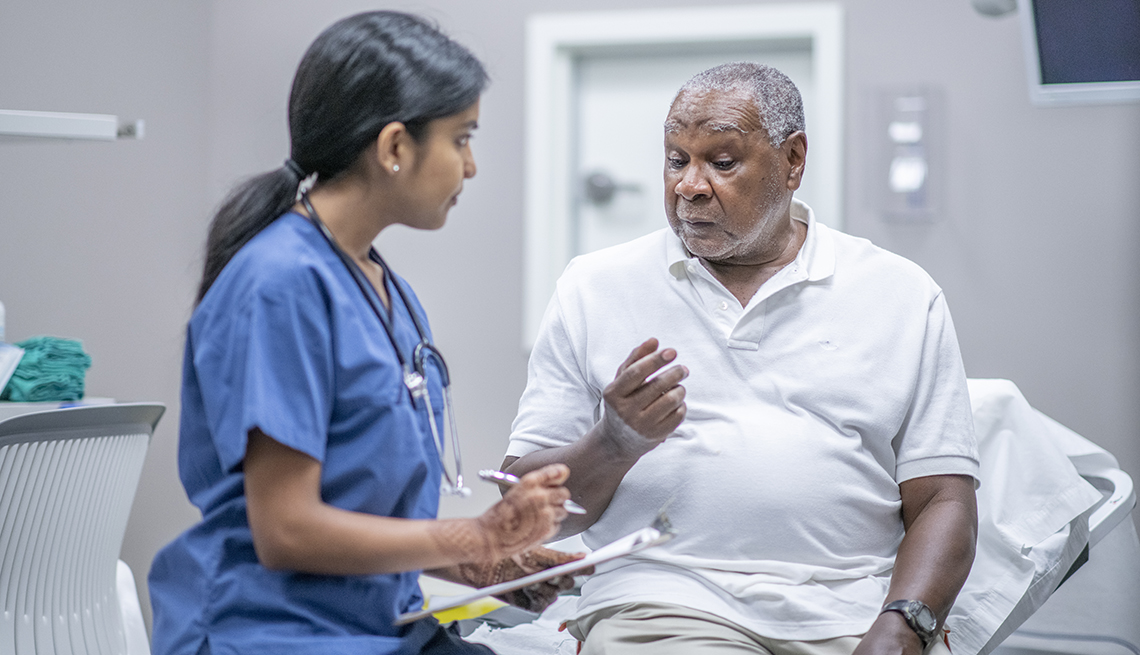
Despite the amazing breakthroughs of clinical trials, some common misconceptions, particularly regarding procedures, purposes, and most importantly, the safety of participants, often discourage people from participating. Additionally, past incidents of unethical research and some media coverage have also led to distrust.
But the truth is, clinical trials have proven to be a valuable source of medical advancements for various diseases. However, the prospect of participating in them can be intimidating. To overcome the fear, find some common myths about clinical trials and learn how we address them.


One of the most common myths about clinical trials is that they are extremely dangerous and that participants are treated like "guinea pigs." In reality, safety is the top priority. Before any new treatment reaches human testing, it undergoes extensive preclinical testing in laboratories and on animals. This initial phase analyzes both the treatment's safety and effectiveness, ensuring a strong foundation for safe clinical trials.
Once a treatment progresses to clinical trials, it faces strict oversight by regulatory bodies like the Food and Drug Administration (FDA) in the United States. They thoroughly review the study protocols to minimize risks and ensure the potential benefits outweigh the drawbacks. Furthermore, trials are monitored by independent Institutional Review Boards (IRBs) or Ethics Committees. These committees guarantee that participant rights and well-being are never compromised throughout the clinical trial process.
It's normal for participants in clinical studies to misunderstand the use of placebos, thinking they'll simply be getting a placebo rather than actual treatment. However, placebos are only employed in situations where individuals are at no risk or when there is no standard therapy available for comparison. In many studies, all participants receive active therapy as they are randomly assigned to receive either the new treatment or the current standard treatment. This is made very clear during the informed consent procedure.


Another myth is that once you enroll in a clinical study, you are required to complete it regardless of what occurs. But in actual, participation in clinical trials is completely voluntary, and participants have the right to leave at any moment for any reason, with no penalty or loss of benefits.
The ability to withdraw is an important feature of clinical trial ethics, ensuring that participants do not feel compelled or trapped in the research. This is also clarified during the informed consent process.
Clinical trial participants rarely have to pay for any costs related to the trial itself. The research expenses are covered by the trial sponsor, while doctor's visits and lab tests are typically covered by health insurance. Potential participants should discuss coverage details directly with the trial team and their insurance carrier to understand the specific support available for those enrolled in the study.


Clinical trials can span several years, leading some to believe they primarily benefit future patients. However, even if a treatment doesn't work for you, you're still contributing to future advancements in medicine. Additionally, participants in clinical trials often receive high-quality, personalized care from healthcare professionals throughout the study. They also gain a deeper understanding of their condition and may have access to potential treatments before they are widely available.
Clinical trials are conducted not only at major hospitals and academic research centers but also at regional hospitals and smaller clinics. Some trials even provide compensation for patients traveling from distant locations, especially for those involved in research on rare diseases. Moreover, even as the COVID-19 pandemic has lessened, many trials continue to integrate virtual components into their protocols, allowing participants to engage partially or entirely remotely.


Clinical trials involve a wide range of participants, including healthy individuals, those with various health conditions, and even terminally ill patients who have exhausted other options. Ultimately, many conditions, not necessarily life-threatening, could benefit from improved treatment options, new preventive drugs, and enhanced screening guidelines and standards of care.
If you are denied participation in a specific clinical trial, you can still apply for other clinical trials. Each trial has its own eligibility criteria, so being denied from one does not prevent you from participating in another, provided you meet the new trial’s requirements.
Different trials have varying inclusion and exclusion criteria based on the nature of the research and study goals. Factors influencing eligibility include:


Encouraging more patients to join clinical trials is a worthy goal for the medical community. By doing so, more patients, especially those from underserved communities, can gain access to advanced treatments. By participating, patients can potentially improve their quality of life and longevity. While there are challenges and misconceptions about clinical trials, several positive industry trends and helpful resources are working to overcome these barriers.
Clinical trials are essential in modern medical research, serving as a cornerstone that enables researchers to collect medical data on potential procedures, treatments, and cures through safe and controlled methods before they are made available to the broader public.
By dispelling these myths, we can better understand the importance of clinical trials and encourage wider participation. Whether you're a patient exploring treatment options or a healthy volunteer advancing scientific knowledge, your involvement can significantly impact medical progress.
If you're interested in learning more, Biopharma Informatic has several studies currently recruiting participants. To check for clinical trials related to your condition, please connect with our team today at (281) 944-3610
